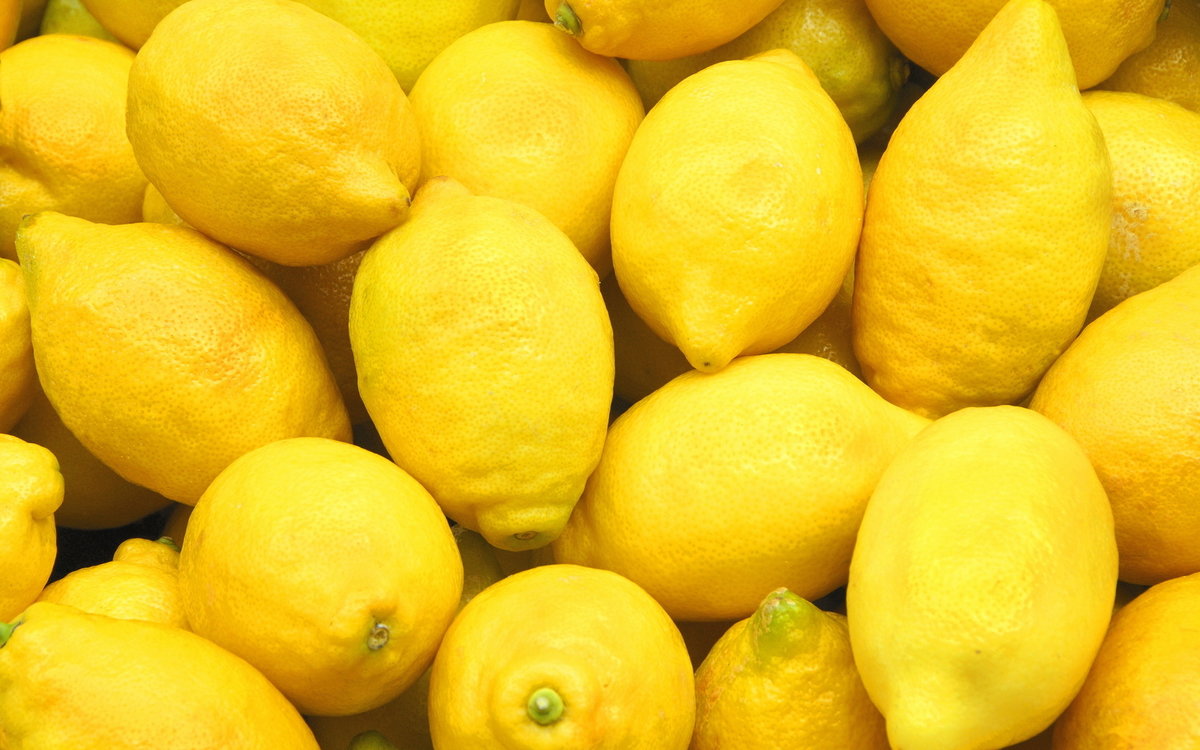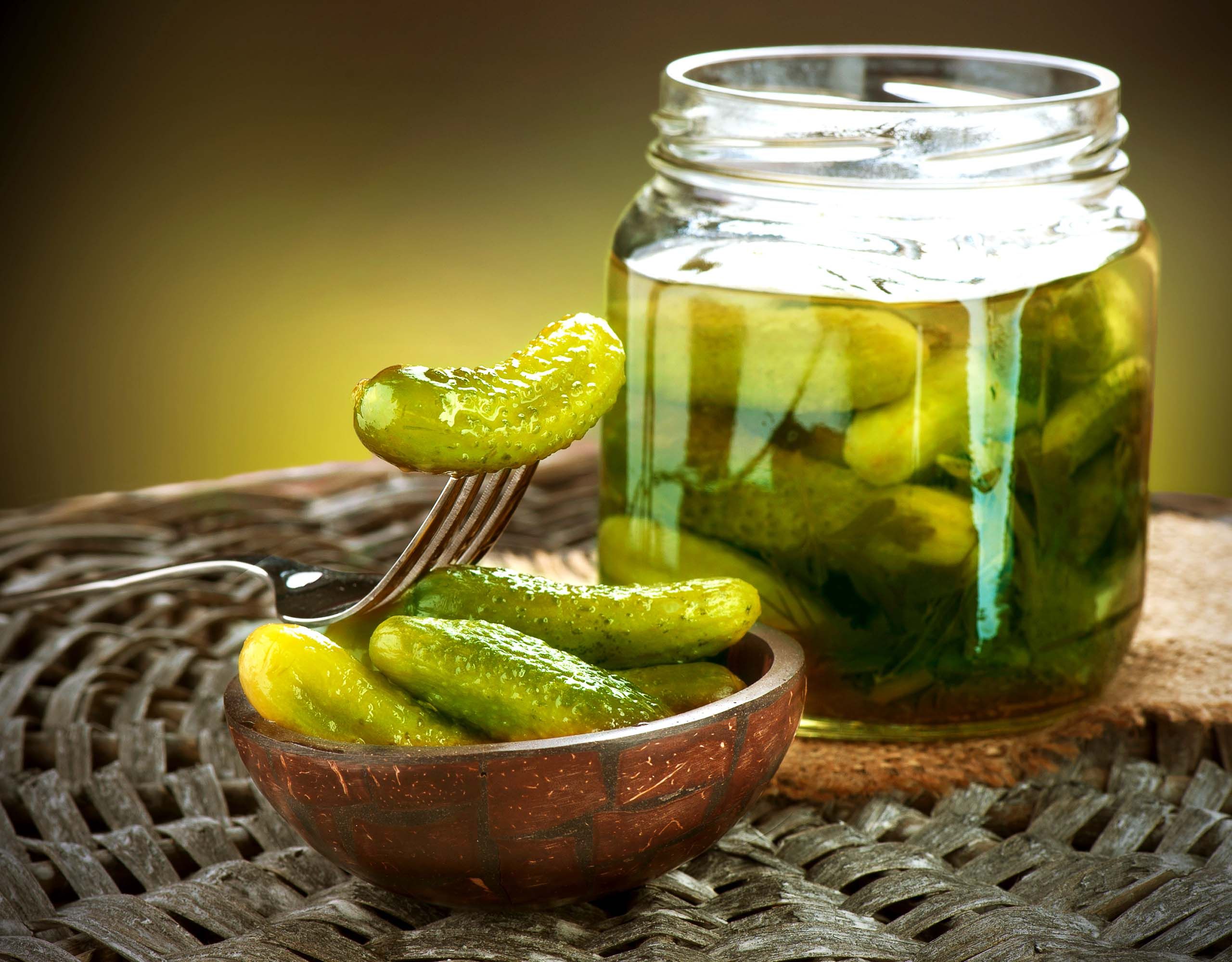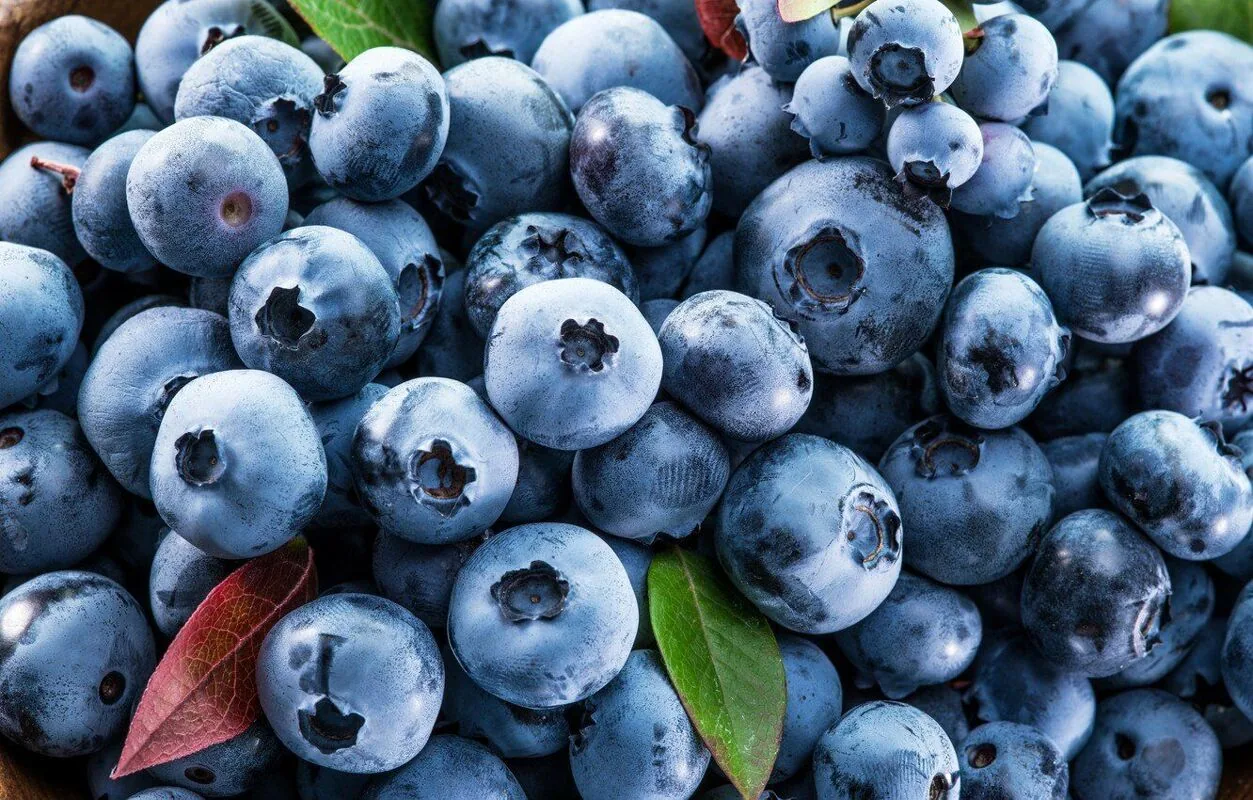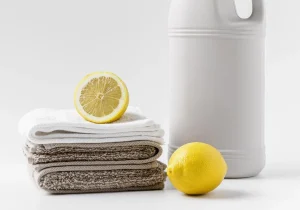Lemons go moldy quickly, but with proper storage, you can significantly extend their shelf life. Find out here how it works and why lemons are so sensitive.
But why do lemons get mold so quickly? This can be traced back to the procedure after harvest. The lemons are then washed frequently, which damages the natural protective layer. The damage to the shell promotes mold, which then spreads easily if stored improperly.
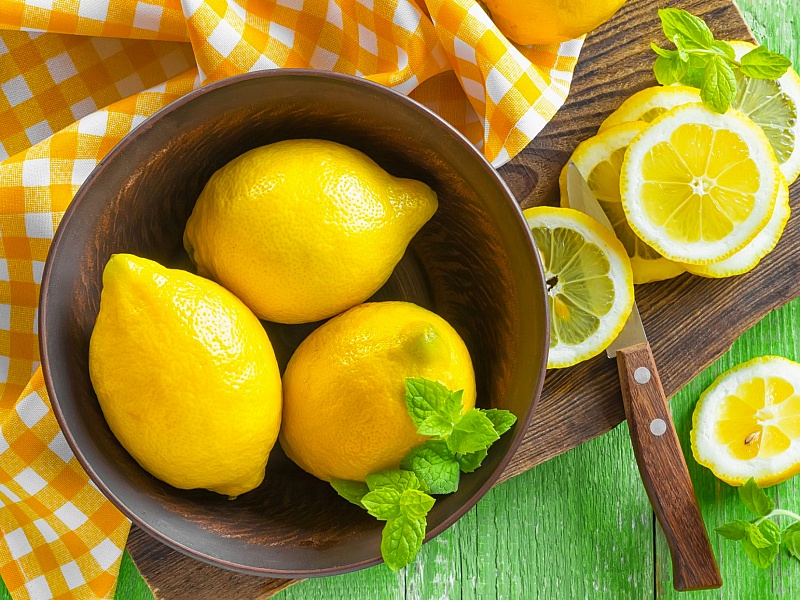
Traditionally grown lemons are coated with a layer of artificial wax, while organic lemons are sometimes coated with a layer of beeswax.
How to store lemons properly
For proper storage and longer shelf life, you should consider various factors and avoid common mistakes.
When shopping, make sure you don’t buy soft citrus fruits or those with brown spots or dents. They should also not be squeezed in a shopping cart or cart. A sign that a lemon is fresh: the fruit has a particularly intense flavor.
Storage tips:
- Store lemons in a cool, dark place. A cellar or a cool, windowless pantry are suitable places.
- A suitable temperature is ten to fifteen degrees Celsius.
- Therefore, the refrigerator is not a suitable place to store lemons because of its lower temperature.
- Ensure that there is a suitable distance between the lemons.
- Remove the mesh immediately after purchase, otherwise mold will spread faster.
- Then wash the lemons with warm water and dry them thoroughly.
- Lemons don’t belong next to apples and tomatoes either, as the ethylene they release makes lemons ripen faster.
- Spread out old newspaper or wrap lemons in kitchen paper. Both methods absorb excess moisture, which prevents mold from forming.

That’s what makes lemons so healthy
Lemons are popular not only for their fresh flavor, but also for their many health benefits. Their high vitamin C content is the most important factor in their health benefits.
Vitamin C plays a crucial role in various areas of our health. It strengthens the immune system, promotes collagen formation and therefore can provide firmer skin. It also promotes wound healing and is involved in the production of serotonin, the happiness hormone, and norepinephrine, a neurotransmitter. Vitamin C also improves iron absorption from plant foods. In addition, lemons have antibacterial and anti-inflammatory properties, making them a valuable part of a healthy diet.
